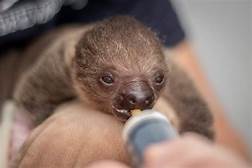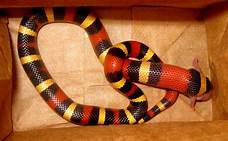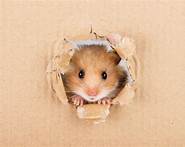Are Sloths Good Pets?
Sloths are fascinating creatures, known for their slow movements and laid-back demeanor. Their unique features have made them a popular topic of conversation, and many people wonder if they make good pets. In this article, we'll delve into the pros and cons of keeping sloths as pets to help you make an informed decision.

Are Sloths Legal to Own as Pets?
1. Legal Status Varies by Location:
The legality of owning a sloth as a pet varies greatly by country and state. In some areas, it is illegal to possess a sloth without a permit or license. Before considering a sloth as a pet, research the local laws and regulations to ensure it is legal in your area.
2. CITES Regulations:
Sloths are protected under the Convention on International Trade in Endangered Species of Wild Fauna and Flora (CITES). CITES regulates the international trade of certain species, including sloths. If you intend to import or export a sloth, you must obtain the necessary permits and comply with CITES regulations.
Considerations for Keeping Sloths as Pets
1. Specialized Diet:
Sloths have a specialized diet consisting primarily of leaves, fruits, and insects. Providing them with a balanced and nutritious diet can be challenging, as you need to ensure they receive the right nutrients and vitamins. You may also need to supplement their diet with commercially prepared foods.
2. Unique Habitat Requirements:
Sloths are arboreal animals, meaning they spend most of their time in trees. To provide a suitable home for a sloth, you need to create a large enclosure that mimics their natural habitat. This includes climbing structures, branches, and vegetation for them to explore and rest.
3. High Maintenance and Care:
Sloths require a high level of maintenance and care. They need regular grooming, including brushing their fur and trimming their nails. They may also require medical attention for health issues or injuries. You should be prepared to commit the time and resources necessary to ensure their well-being.
Behavioral Concerns
1. Slow Movement and Activity:
Sloths are known for their slow movements and low activity levels. While this can be charming, it may not be suitable for everyone. If you are looking for an active and playful pet, a sloth might not be the best choice.
2. Solitary and Independent Nature:
Sloths are generally solitary animals and may not bond with their owners in the same way as other pets. They may not seek out human interaction and prefer to spend most of their time alone.
3. Nocturnal Behavior:
Many sloths are nocturnal, meaning they are active at night and sleep during the day. This can disrupt your sleep schedule if you need to provide care and attention during these hours.
Conclusion
Ultimately, deciding whether sloths are good pets depends on various factors, including legal requirements, habitat considerations, maintenance, and behavioral traits. It is crucial to research and understand these aspects before considering a sloth as a pet. It is also essential to consult with experts and veterinarians to ensure that you can provide the proper care and environment for a sloth's well-being.
Declaration: All article resources on this website, unless otherwise specified or labeled, are collected from online resources. If the content on this website infringes on the legitimate rights and interests of the original author, you can contact this website to delete it.




